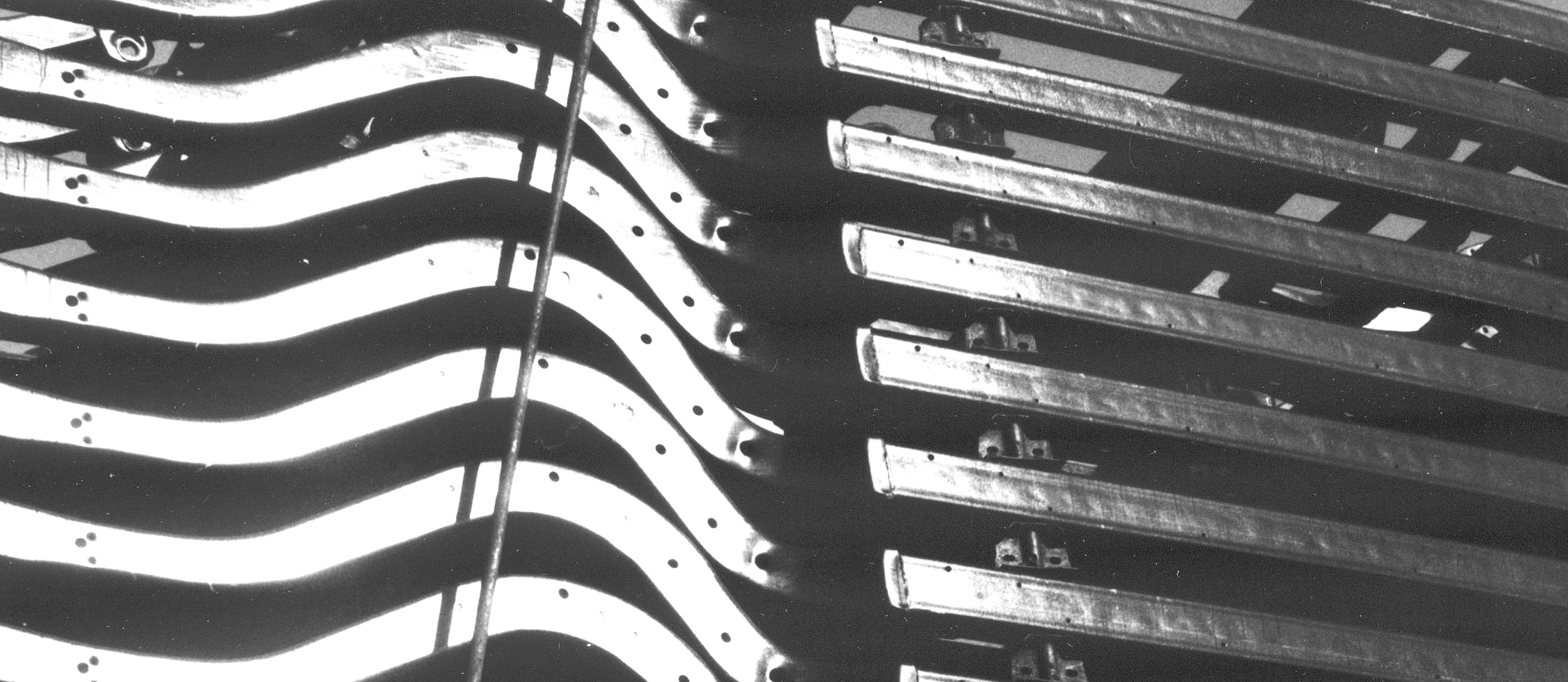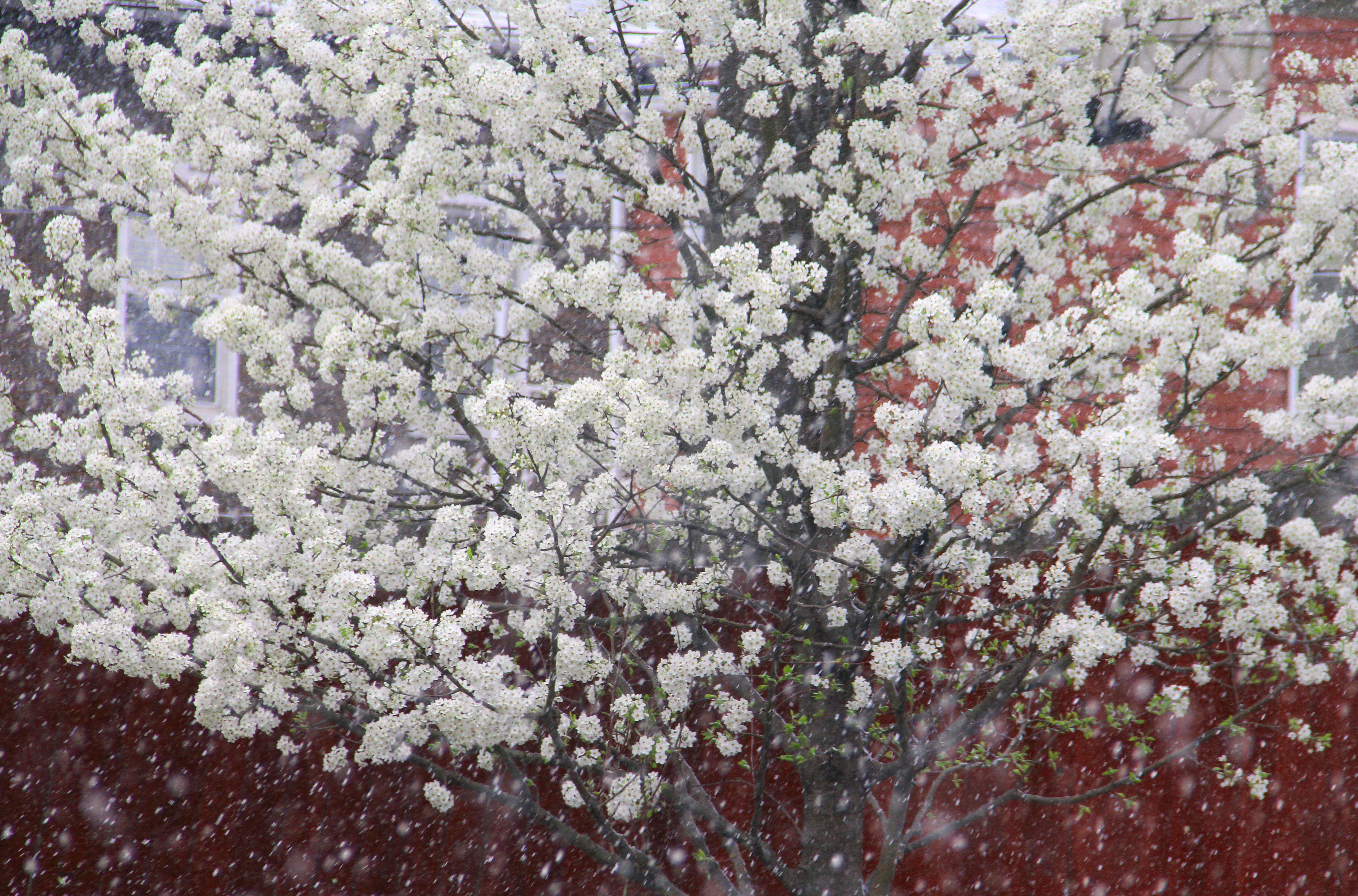From time to time, here and there, someone brings Ayn Rand up as some kind of role model. Lately it’s even in the national news, thanks to the Tea Party and an apparently not very good film of Rand’s seminal masterwork, Atlas Shrugged. The uber conservatives now crowding reason out of the halls of congress with their bizarro legislation and their lectures from the floor and on committees about how their toilets don’t flush right so why should regulations on light bulbs be passed are the children of the Dragon’s Teeth cast randomly by Ms. Rand and her philosophical cult followers. It amazes how people who profess to believe in a philosophy of independent thought can sublimate themselves so thoroughly to the dogmas of that philosophy and claim with a straight face that they are free thinkers on any level. The phrase “more Catholic than the pope” comes to mind sometimes when crossing verbal swords with these folks, who seem perfectly blind to the contradictions inherent in their own efforts. Rand laid out a My Way or the Highway ethic that demanded of her followers that they be true to themselves—as long as they did as she directed.
Ayn Rand’s novels, of which there were three (plus a novella/parable I don’t intend to discuss here), moved by giant leaps from promising to fanciful to pathetic. There are some paragraphs in any one of them that are just fine. Occasionally a secondary character is nicely drawn (Eddie Willers is possibly her most sympathetic and true-to-life creation) and from time to time there is even a moment of genuine drama. But such bits are embedded in tar pits of philosophically over-determined panegyric that drowns any art there might be.
But then, her devoted fans never read them for the art.

What Rand delivers in both The Fountainhead and Atlas Shrugged is a balm to the misunderstood and underappreciated Great Man buried in the shambling, inarticulate assemblage that is disaffected high I.Q. youth.
The give-aways in both novels involve laughter. The opening scene in The Fountainhead characterizes Howard Roark for the entire novel, prefiguring the final scene in the novel, which translated to film perfectly in the weird 1947 Gary Cooper thing.
Howard Roark laughed.
He stood naked at the edge of a cliff….He laughed at the thing which had happened to him that morning and at the things which now lay ahead.
Of course, the thing that had happened to him that morning was his expulsion from university for not completing his assignments. You can pretty it up with philosophical dross, but basically he didn’t do what he was required to do, instead opting for self-expression in the face of everything else. Hence the misunderstood genius aspect, the wholly-formed sense of mission, the conviction of personal rightness, and the adolescent disdain for authority no matter what.
But his reaction? To laugh.
Any other kid in the same situation generally goes skulking off, bitter and resentful, harboring ill thoughts and maybe an “I’ll show you” attitude that may or may not lead to anything useful.
But not a Rand character. They laugh. It’s Byronic in its isolated disdain for rules or logic or anything casually human. It’s a statement of separation.
It’s also just a bit psychotic.
The other scene is from Atlas Shrugged in which Dagny Taggart falls into bed with Henry Reardon. Both are depicted as mental giants, geniuses, and industrial rebels. They are self-contained polymaths who make their own rules. And one of the rules they now make for themselves is that adultery is the only sensible choice for two such kindred beings.
And as they’re tumbling into an embrace?
When he threw her down on the bed, their bodies met like the two sounds that broke against each other in the air of the room: the sound of his tortured moan and of her laughter.
Of course, this most poignant moment is preceded by a long paragraph of Dagny explaining to Hank Reardon that she was going to sleep with him because it would be her proudest moment, because she had earned it. It’s really rather ridiculous. It’s the kind of thing that, if done at all, would most likely occur at the end of an affair, when both parties are trying to justify what they’d done, which is basically commit adultery because, you know, they wanted to.
But it’s the laughter that characterizes these two people in these moments. Crossroads for them both, turning points, and what do they do? They laugh. You can’t help but read contempt into it, no matter how much explanation Rand attempts to depict them as somehow above it all. For her it’s the laughter of victory, but in neither case is there any kind of victory, but a surrender.
Later in Atlas Shrugged Reardon gives her a bracelet made of his miracle metal and upon snapping it closed on her wrist, she kisses his hand, and it is nothing short of a moment from Gor. Dagny gets traded around through the novel until she ends up with John Galt, and no matter how much Rand tries to explain it, the scenarios she sets up for each transition turn Dagny into a groupie. She becomes by the end of the novel the prize each of them men gets when they’ve done a particularly impressive trick.
Rand attempts to portray their interactions (if you can call them that—really, they’re more contract negotiations, which means Rand owes an implicit debt to Rousseau) as strenuously righteous achievements. No one just has a conversation if they’re a Rand hero, they declaim, they negotiate, the issue position statements. They are continually setting ground rules for the experience at hand, and while maybe there’s something to this (we all indulge this sort of thing, from earliest childhood on, but if we tried to do it with the kind of self-conscious clarity of these people nothing would ever happen), it serves to isolate them further. They are the antithesis of John Donne’s assertion and by personal fiat.
Only it isn’t really like that.
The problem with being a nerd is that certain social interactions appear alien and impenetrable and the nerd feels inexplicably on the outside of every desirable interpersonal contact. People like Rand attempt to portray the group to which the nerd feels isolated from as deliberately antagonistic to the nerd because they sense the nerd’s innate superiority. This is overcomplicating what’s really going on and doing so in an artificially philosophical way which Rand pretends is an outgrowth of a natural condition. The messiness of living is something she seeks to tame by virtue of imposing a kind of corporate paradigm in which all the worthwhile people are CEOs.
As I said, it’s attractive to certain disaffected adolescent mindset.
But it ain’t real life.
I have intentionally neglected the third novel, which was her first one—We The Living. I find this book interesting on a number of levels, one of the most fascinating being that among the hardcore Randites it is almost never mentioned, and often not read. The reasons for this are many, but I suspect the chief one being that it doesn’t fit easily with the two iconic tomes. Mainly because it’s a tragedy.
We The Living is about Kira Argounova, a teenager from a family of minor nobility who comes back to Moscow after the Revolution with the intention of going to the new “classless” university and becoming an engineer. She wants to build things and she knows that now is her chance. Prior to the revolution, she would never have been allowed by her family or social convention—her destiny was to have been married off. That’s gone now. We never really learn what has become of the rest of her family, but we can guess. And Kira is intent on pursuing her dream.
But she can’t. Because she is from minor nobility, she soon runs afoul of the self-appointed guardians of the Revolution, who oust her from the university just because.
She ends up a prostitute, then a black market dealer. She becomes the lover of an NKVD agent and uses him. She is already the lover of a wannabe counter-revolutionary who can’t get his game on and ends up in self-immolation. The NKVD agent self-destructs because of the contradictions she forces him to see in the new state and Kira goes from bad to worse and finally makes an attempt to escape Russia itself and ends up shot by a hapless border guard at the Finnish border. She dies just inside Finland.
It is a strikingly different kind of novel and it offers a glimpse of where Rand might have gone had she stuck to this path. Sure, you can see some of the seeds of her later pedantry and polemic, but the bulk of the novel is heartfelt, an honest portrayal of the tragedy of dreams caught in systemic ambivalence.
One can understand the source of Rand’s fanatic love of the United States—she grew up under the early Soviets, and there’s no denying that this was a dreadful system for a bright, talented, intellectually-bent young woman—or anyone else, for that matter—to endure. The freedom of the United States must have been narcotic to her.
But she fundamentally misunderstood the American landscape and identified with the glitzy, large-scale, and rather despotic “captains of industry” aspect rather than the common citizens, the groundseed of cooperation and generosity and familial observance and openness that her chosen idols took advantage of rather than provided for. She drew the wrong lessons and over time, ensconced within her own air-born castles, she became obsessively convinced that the world was her enemy and The People were irredeemable.
Sad, really. Sadder still that so many people bought into her lopsided philosophy.
She made the mistake so many people seem to make in not understanding that capitalism is not a natural system but an artifice, a tool. It is not a state of being but a set of applications for a purpose. It should serve, not dictate. She set out a playbook which gave capitalism the kind of quasi-legitimate gloss of a religion and we are suffering the consequences of its acolytes.
However, it would seem the only antidote to it is to let people grow out of it. There’s a point in life where this is attractive—I read all these novels when I was 15 and 16 and I was convinced of my own misunderstood specialness. But like the adolescent conviction that rock’n’roll is the only music worth listening to and that the right clothes are more important than the content of your mind, we grow out of it.
Some don’t, though. And occasionally they achieve their goals. Alan Greenspan, for instance.
And even he has now admitted that he was wrong. Too bad he didn’t realize that when he was 21.





